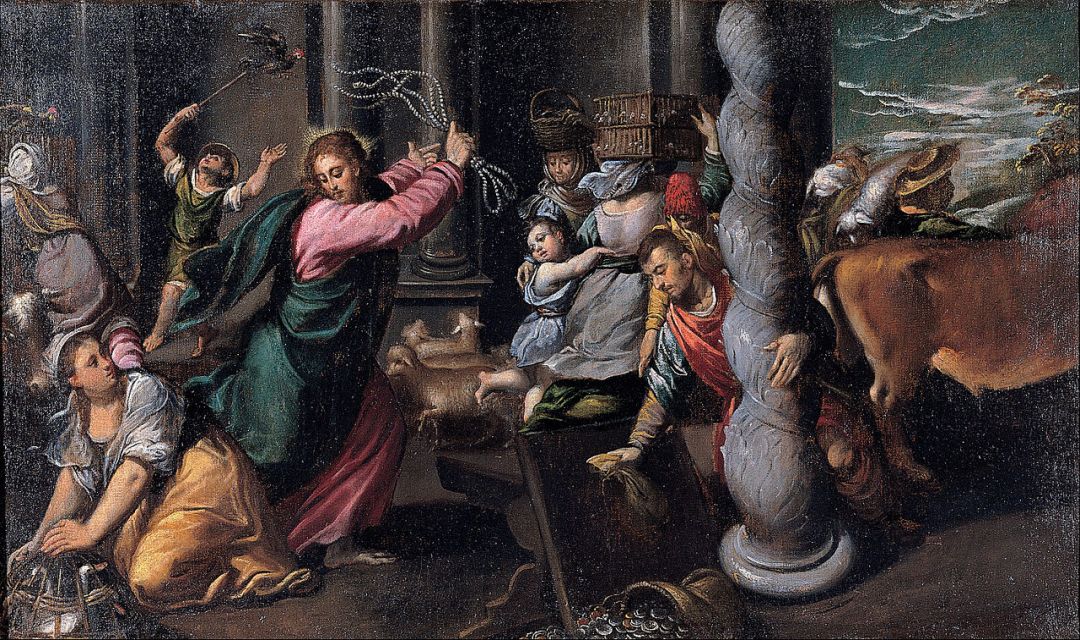By Hank Hanegraaff
In his gospel, John told of Jesus cleansing the temple at the beginning of His ministry—just days after His first miracle at Cana in Galilee (John 2:13–18). Conversely, Matthew, Mark, and Luke placed the temple cleansing near the end of Jesus’ ministry, around the time of His triumphal entry into Jerusalem (Matthew 21:12–13; Mark 11:15–17; Luke 19:45–46). As the infamous Dr. Bart Ehrman—a New Testament professor who thrives on publicizing alleged contradictions—contends, Jesus either “cleansed the temple twice” or “neither John nor the Synoptics tell the ‘true’ story since in both accounts he cleanses the temple only once.” Thus, according to Ehrman, “the accounts are not reconcilable.” Is he right? Or is this just another example of a professor gone wild?
First, we should note that, contra Ehrman, none of the gospel writers so much as hints at the notion that Jesus cleansed the temple only once. Therefore, it is entirely plausible to reconcile the gospel accounts by presuming that Jesus cleansed the temple both at the beginning and at the end of His public ministry.
Furthermore, there is no reason to suppose that Jesus cleansed the temple only twice. One need recall what the disciples remembered right after Jesus drove out the money changers the first time: “Zeal for your house will consume me” (John 2:17). Defiling the place in which the shekinah glory of God dwelt is no trifling matter. Moreover, as should be evident, not every action Jesus took was recorded: “If every one of them were writ- ten down, I suppose that even the whole world would not have room for the books that would be written” (John 21:25).
Finally, we should note the pattern of the gospel writers. Inevitably they present complementary details that serve to flesh out “the rest of the story.” Far from contradictory, they are quite obviously complementary. If every gospel writer presented his account in precisely the same fashion, the critics could correctly cry, “Collusion!”
The very fact that a number of plausible resolutions can be forwarded negates the assertion that “the accounts are not reconcilable.” Seeking to debunk the Bible has become a profitable cottage industry. But “what profit is it to a man if he gains the whole world, and loses his own soul?” (Matthew 16:26 NKJV).
***Note the preceding text is adapted from The Complete Bible Answer Book: Collector’s Edition: Revised and Expanded (2024). To receive for your partnering gift please click here. ***
